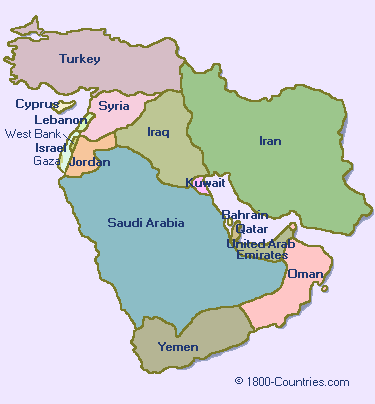
In my last piece, I suggested that the Middle East is going into uncertainty; especially that it has missed the chance of change immediately after the end of the Cold War. Then, the authoritarianism and totalitarianism survived after the breakdown of their international campaign and umbrella with the Soviet Union.
There is no much optimism about the democratic future of the Middle East, especially after Bush administration, and with the flexibility shown by the region’s authoritarianism, which adapted to various stages and circumstances the region went through and survived yet.
Moreover, the Middle East has a history of European pragmatic cynical policies inclined to support current regimes in the Middle East under the pretext of supporting stability. This wondering stability felt by Europeans is really a fantasy to us, the region’s citizens, that until now we have failed to realize it, rather, our perception is that this region is on a timing bomb no one knows when it explodes, a matter of years or decades.
With these European policies added to the previous factors, the battle for democracy in the Middle East would have a very difficult time and uncertain future, I am afraid.
However, can a region go against the movement of history and civilization? So, we are back to uncertainty between democracy and non-democracy, stability and instability and freedom and persecution.
This does not constitute the entire case of the Middle East; there is a new big challenge rising with the expansion of totalitarianism in the region with the Iranian contribution.
Now it is very clear than ever was that there are two major campaigns in the region. The first is what I used to call the Middle East totalitarian axis, which is led by Iran and consisted of Baath regime of Syria, Hezbullah and Hamas. This axis represents extremism in the region. The second is consisted of most of the remaining countries in the region, which represents moderation.
There is an implicit, and in many times explicit, encounter between these two campaigns. The outcomes of this encounter are of crucial importance to the future of the Middle East. Therefore, a prevailing totalitarian axis is a definite setback to Middle East democracy. And a defeated totalitarian axis is a step forward to democracy but it is not democracy.
Hence, it is uncertainty in the Middle East.



